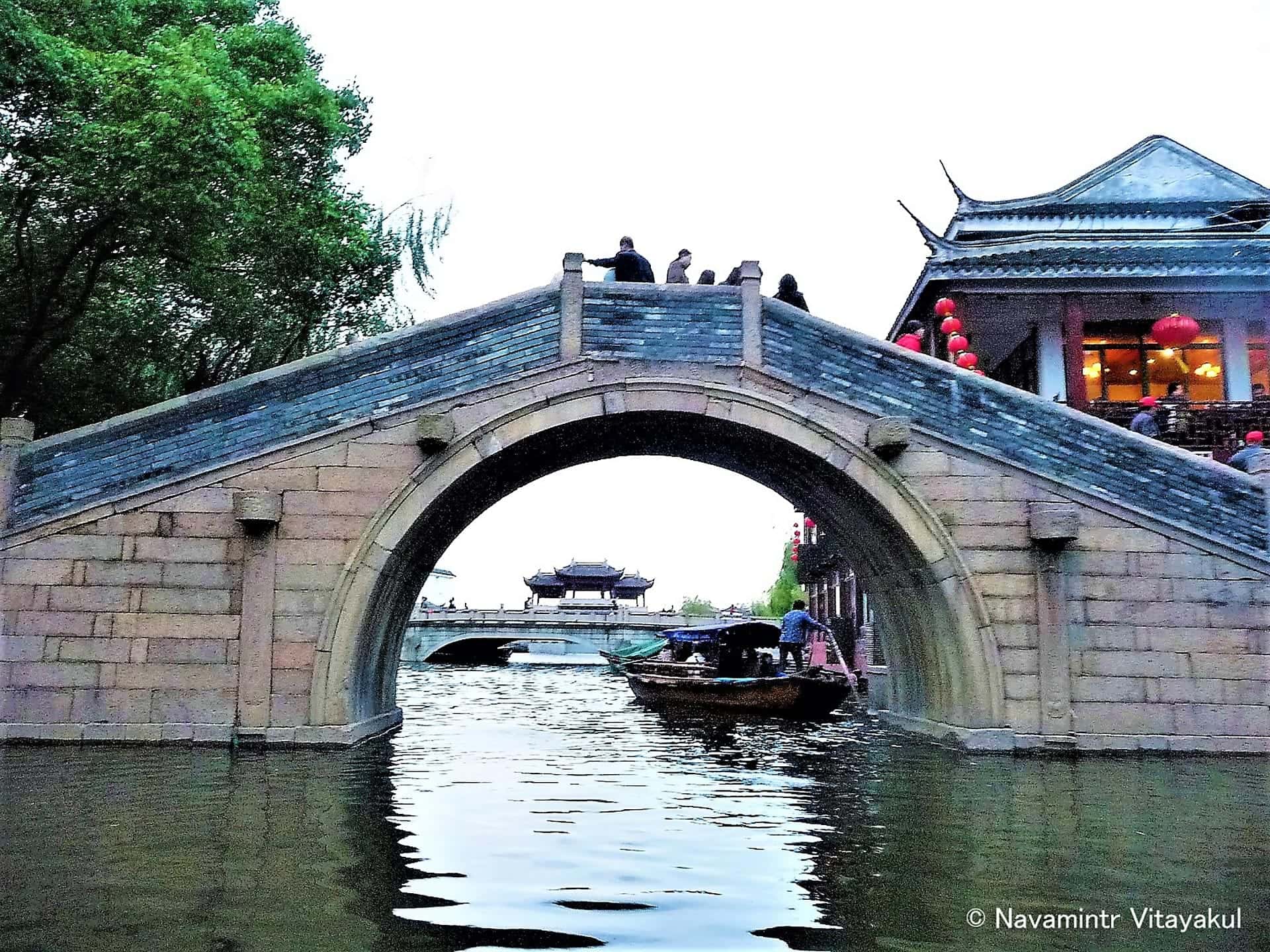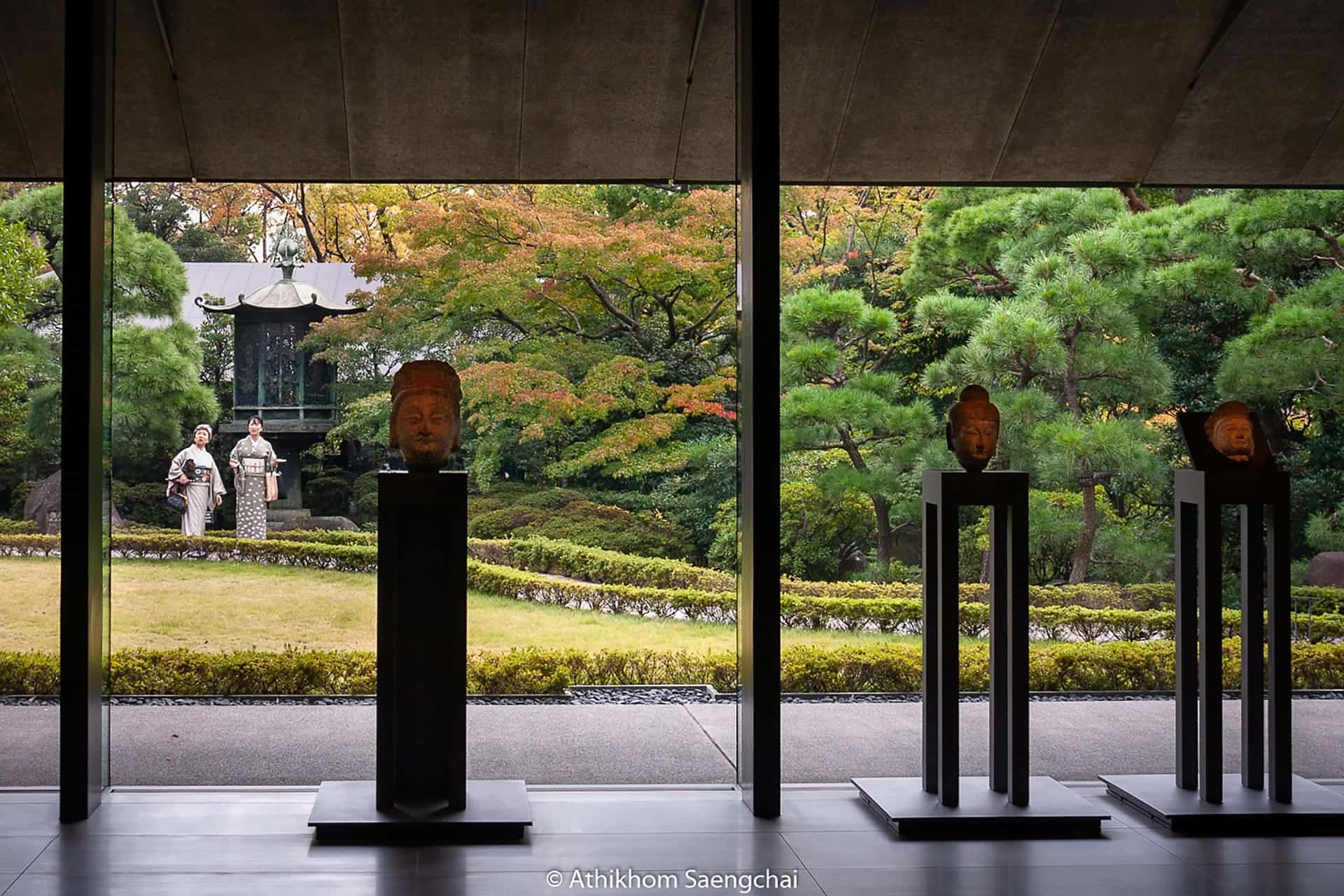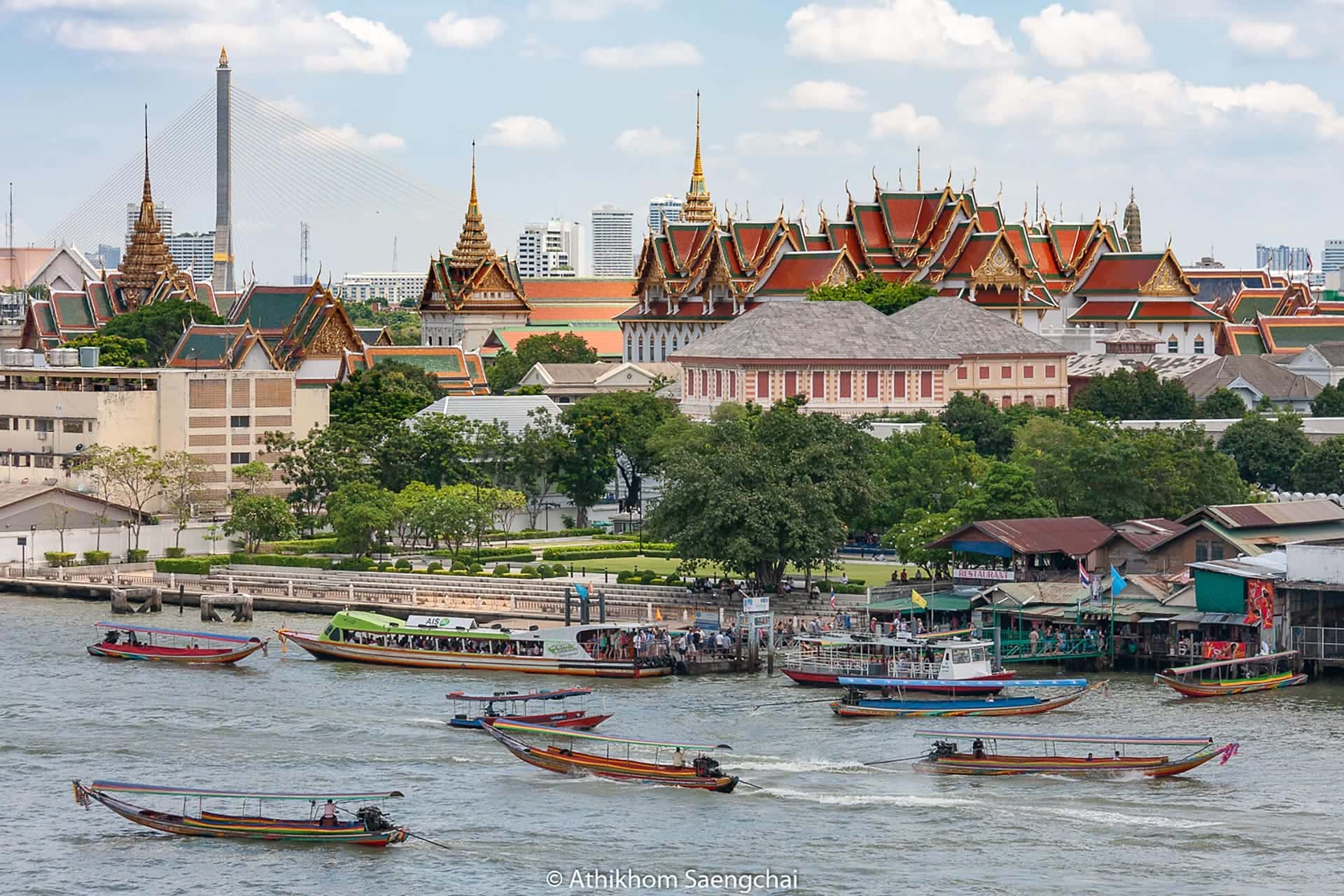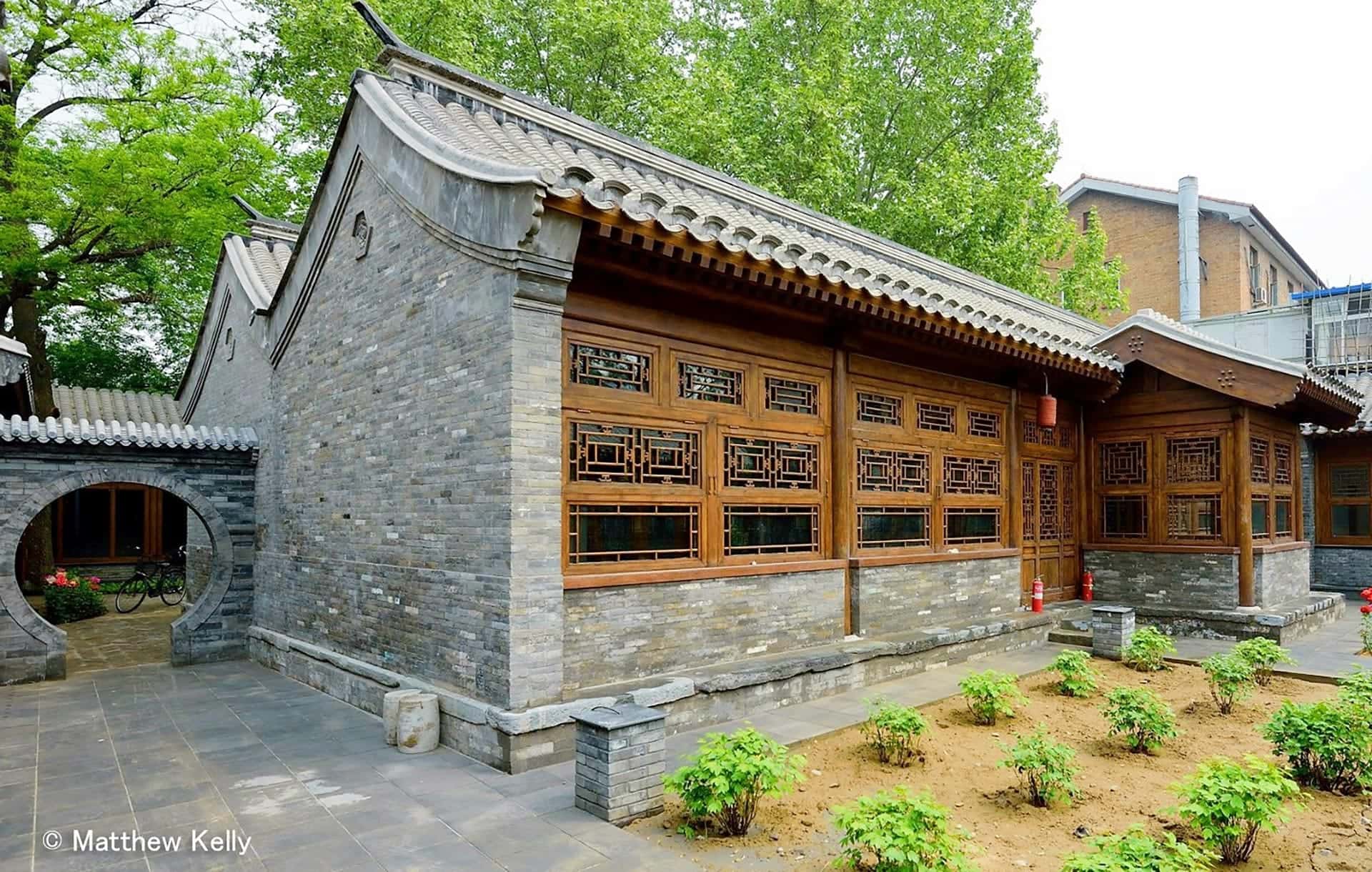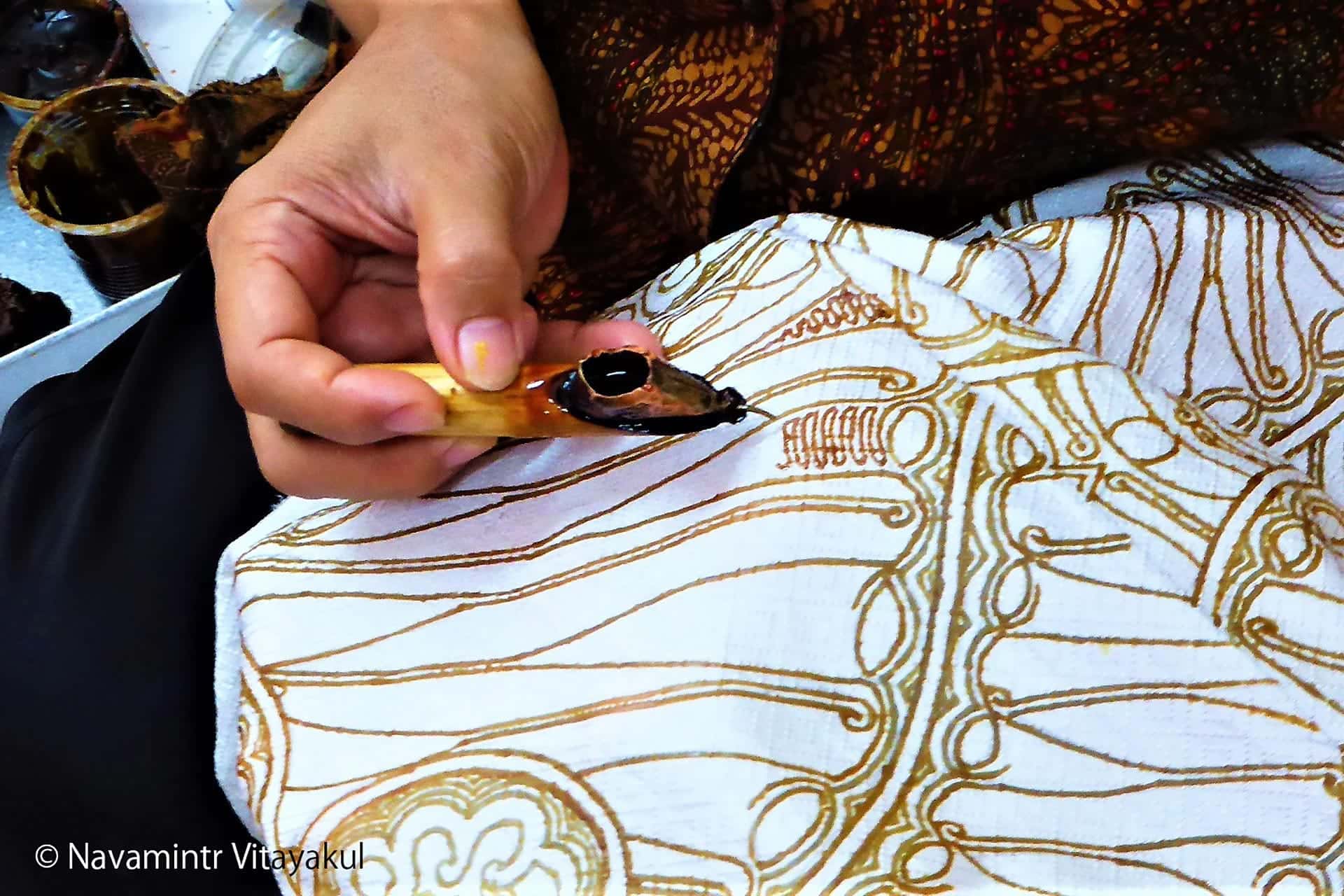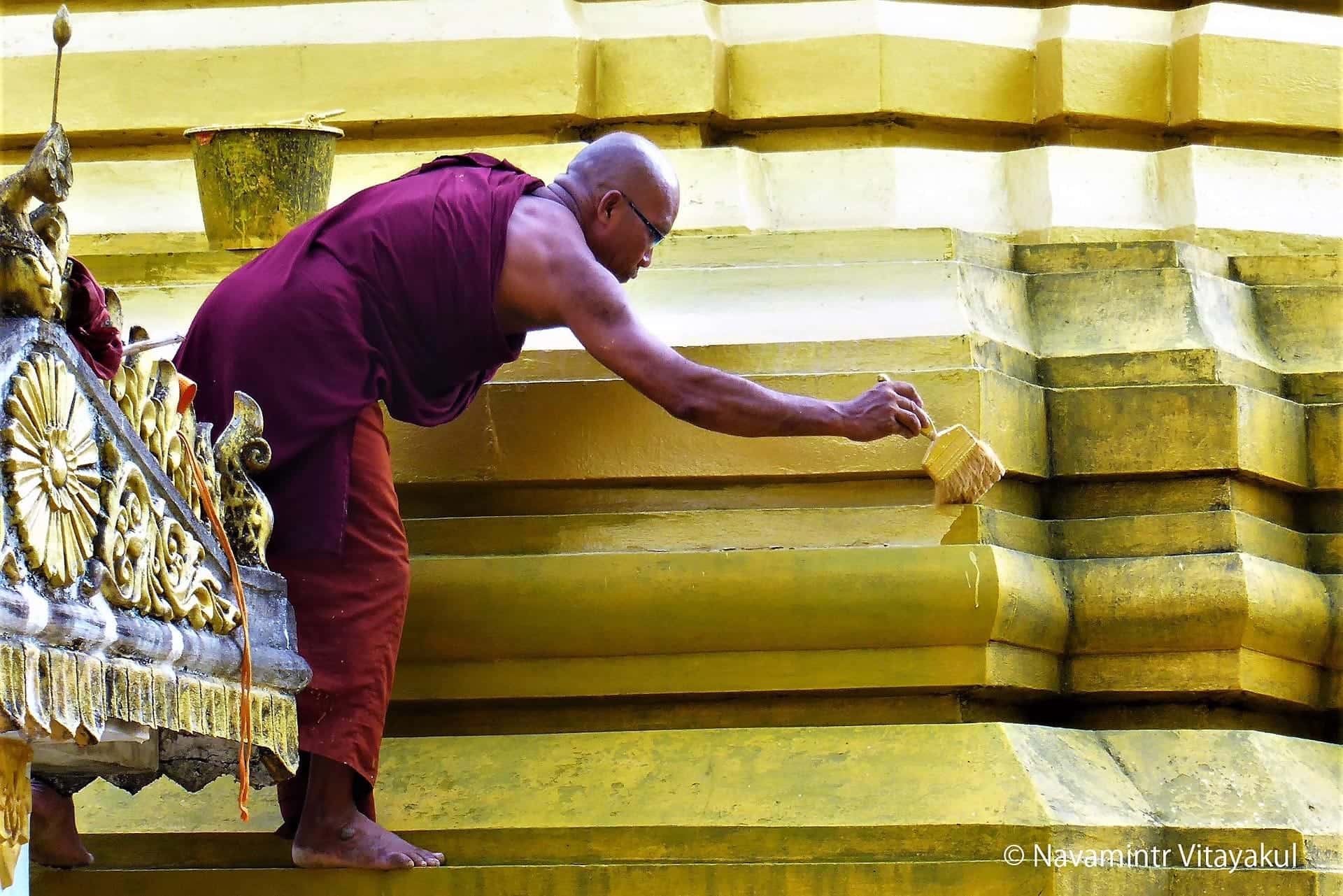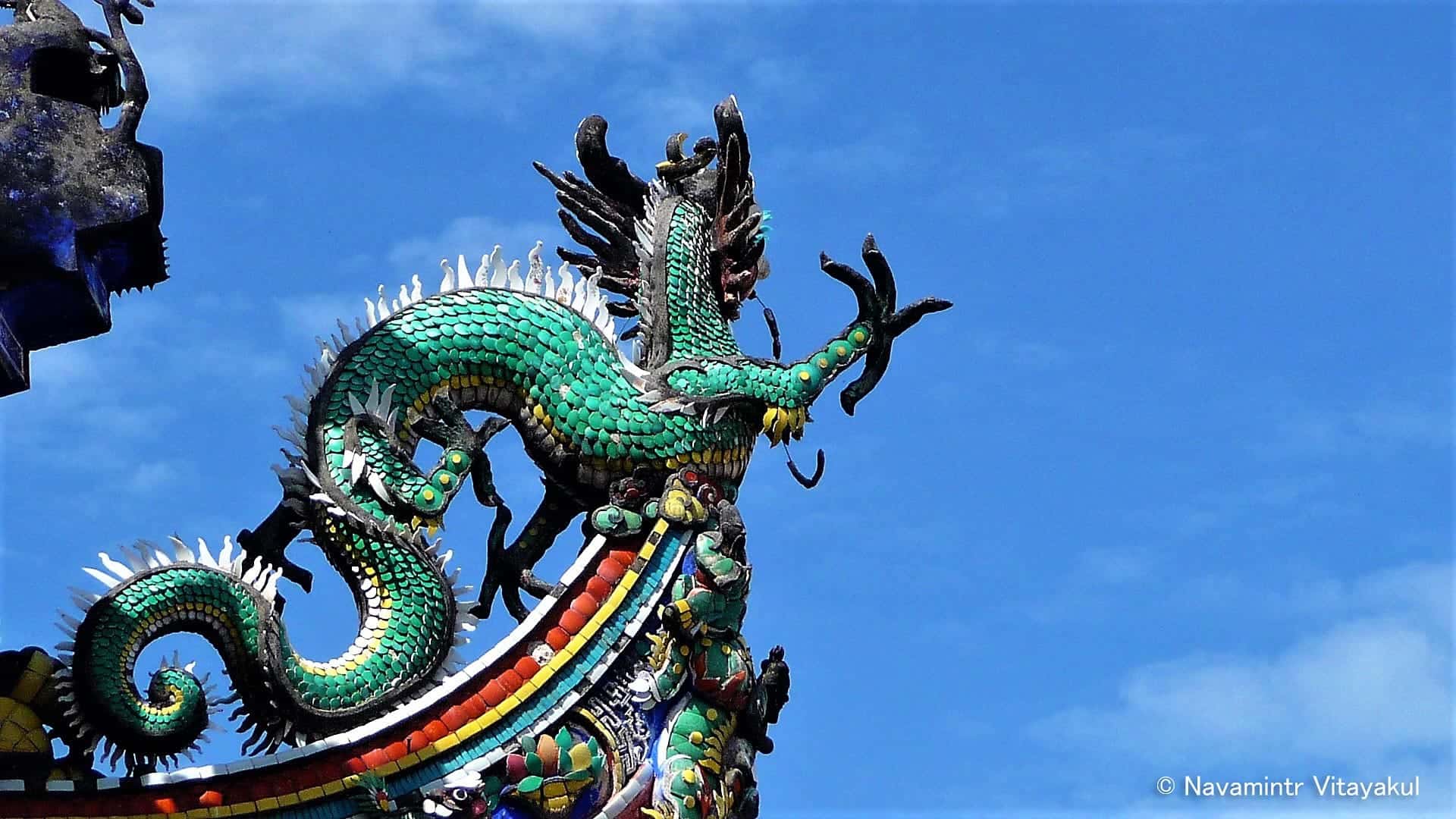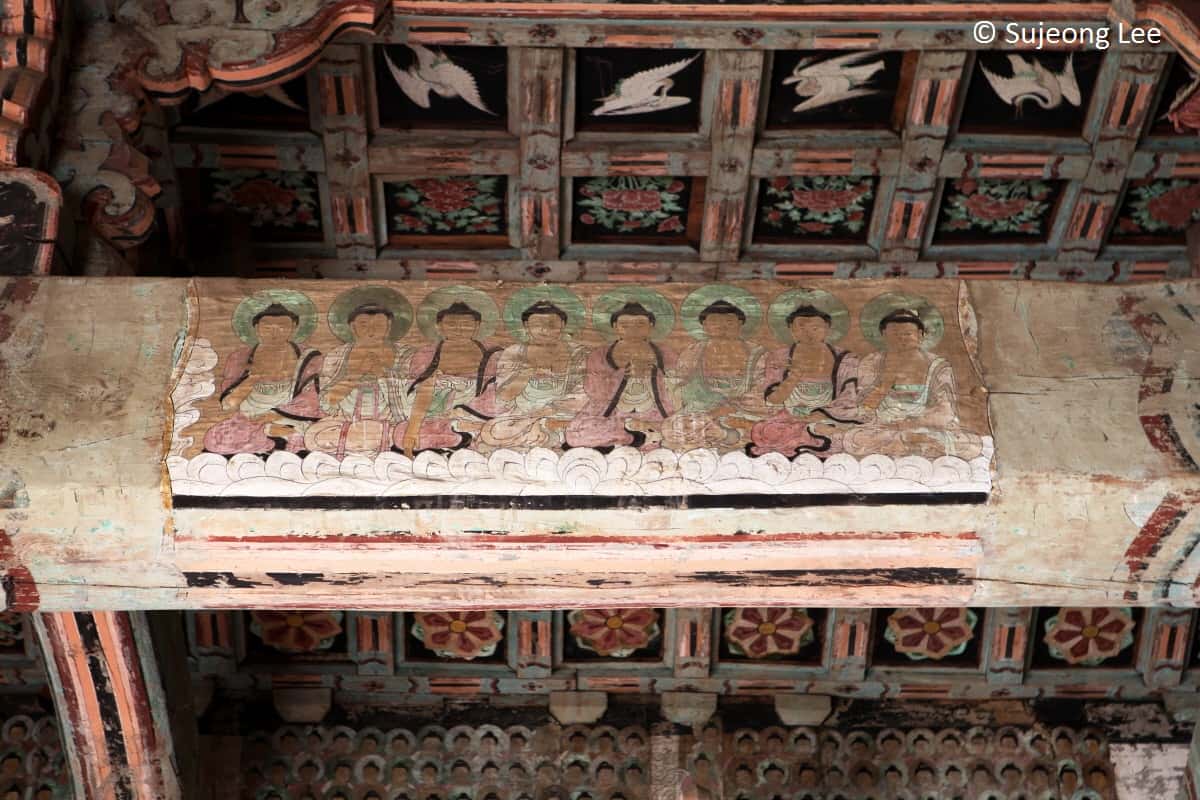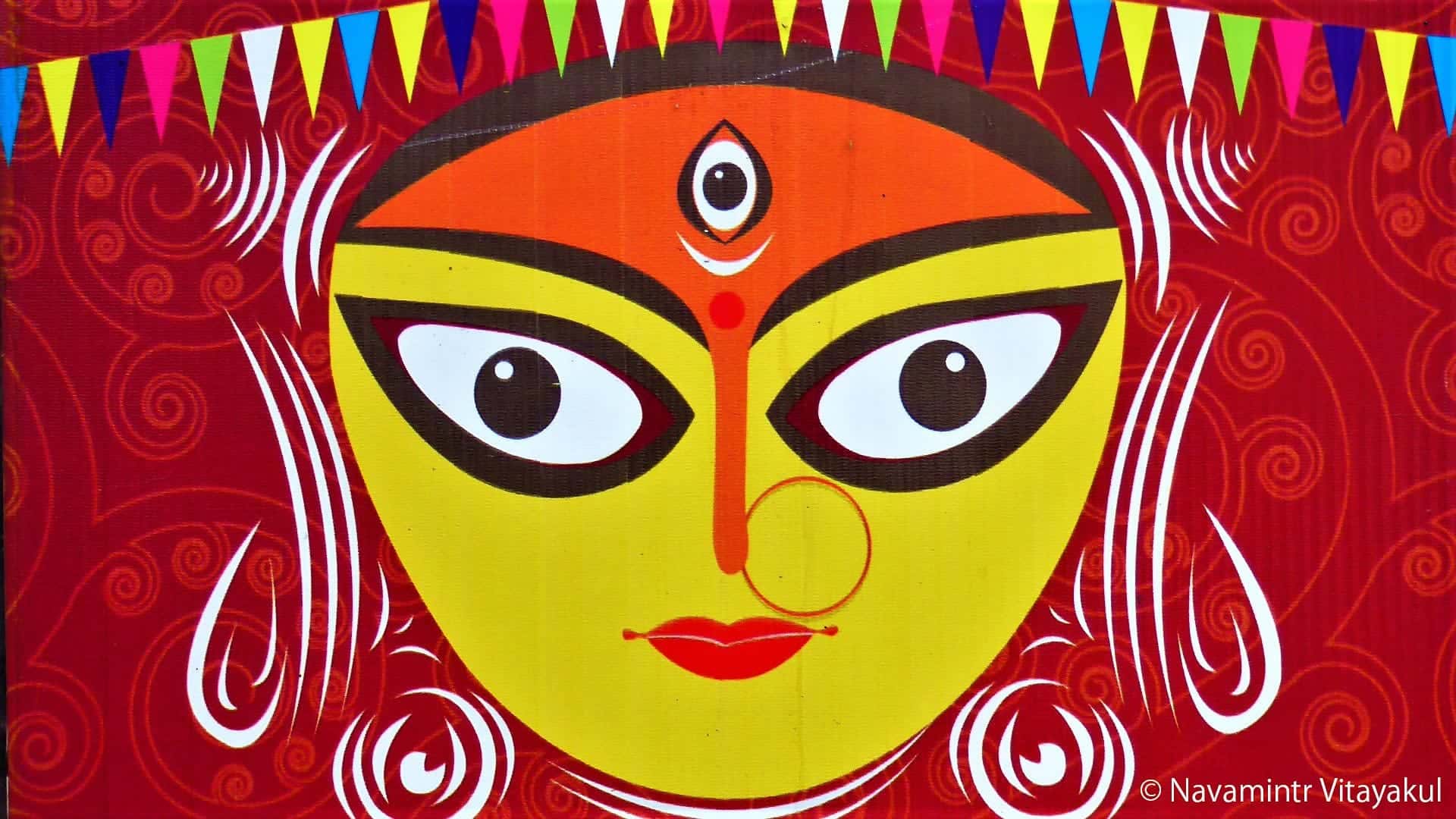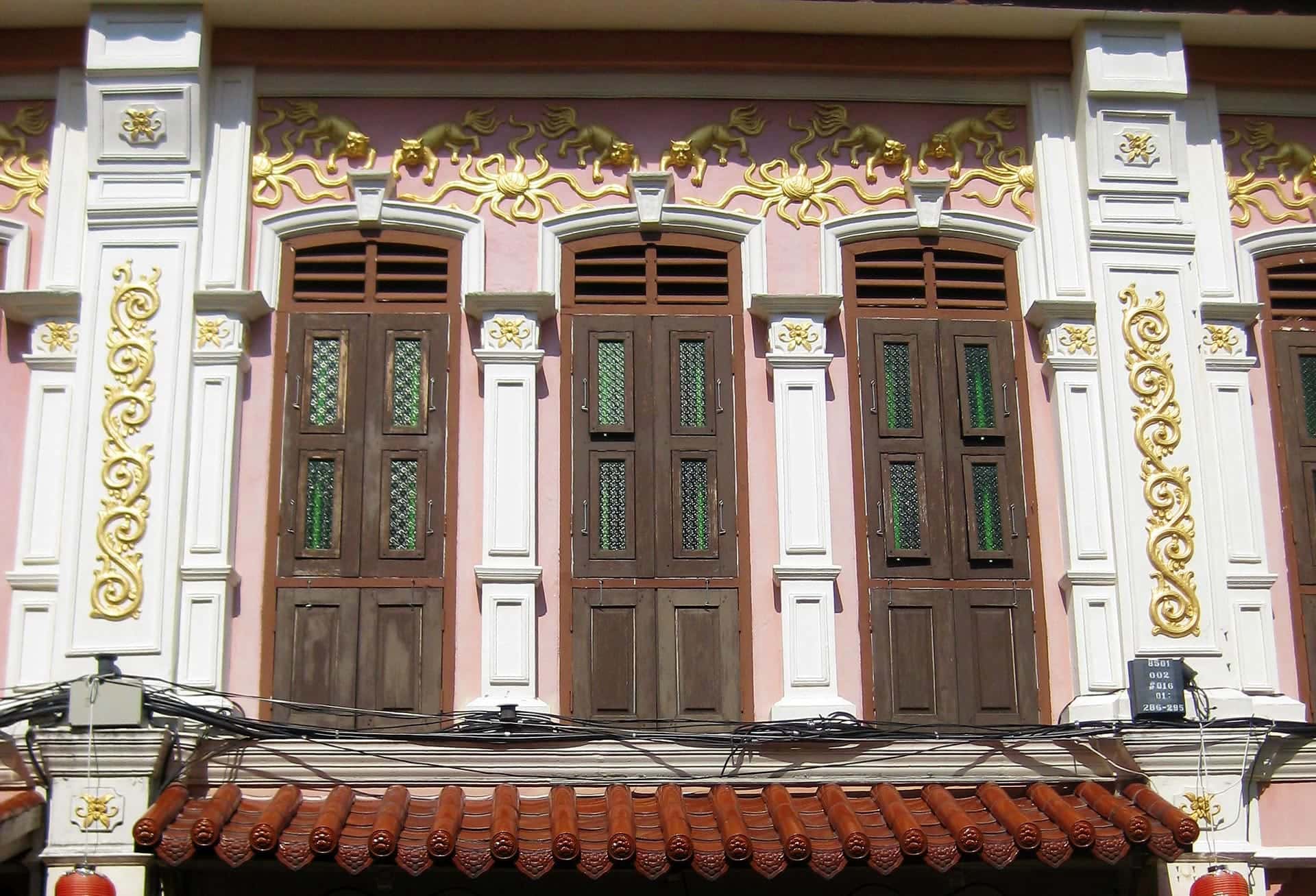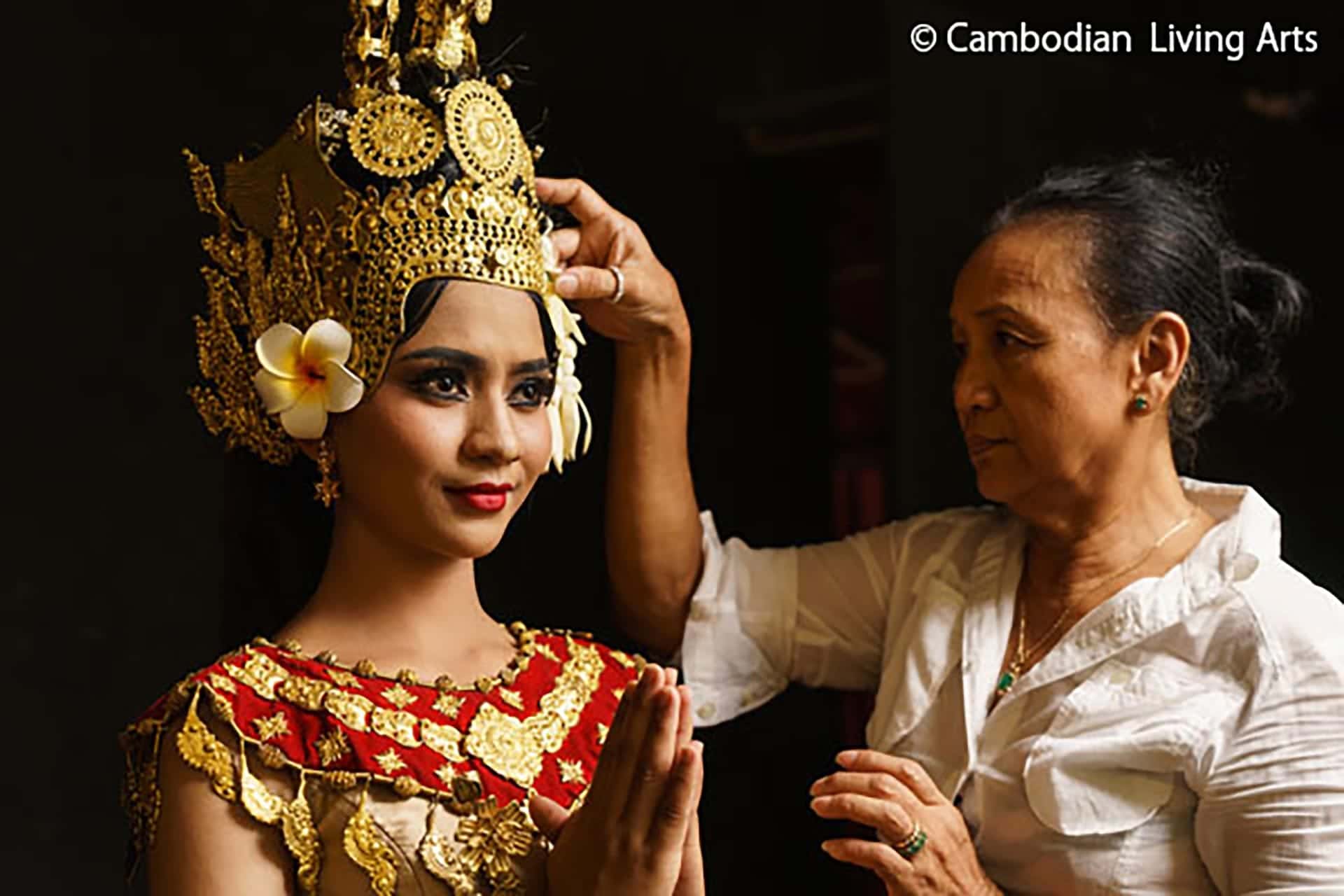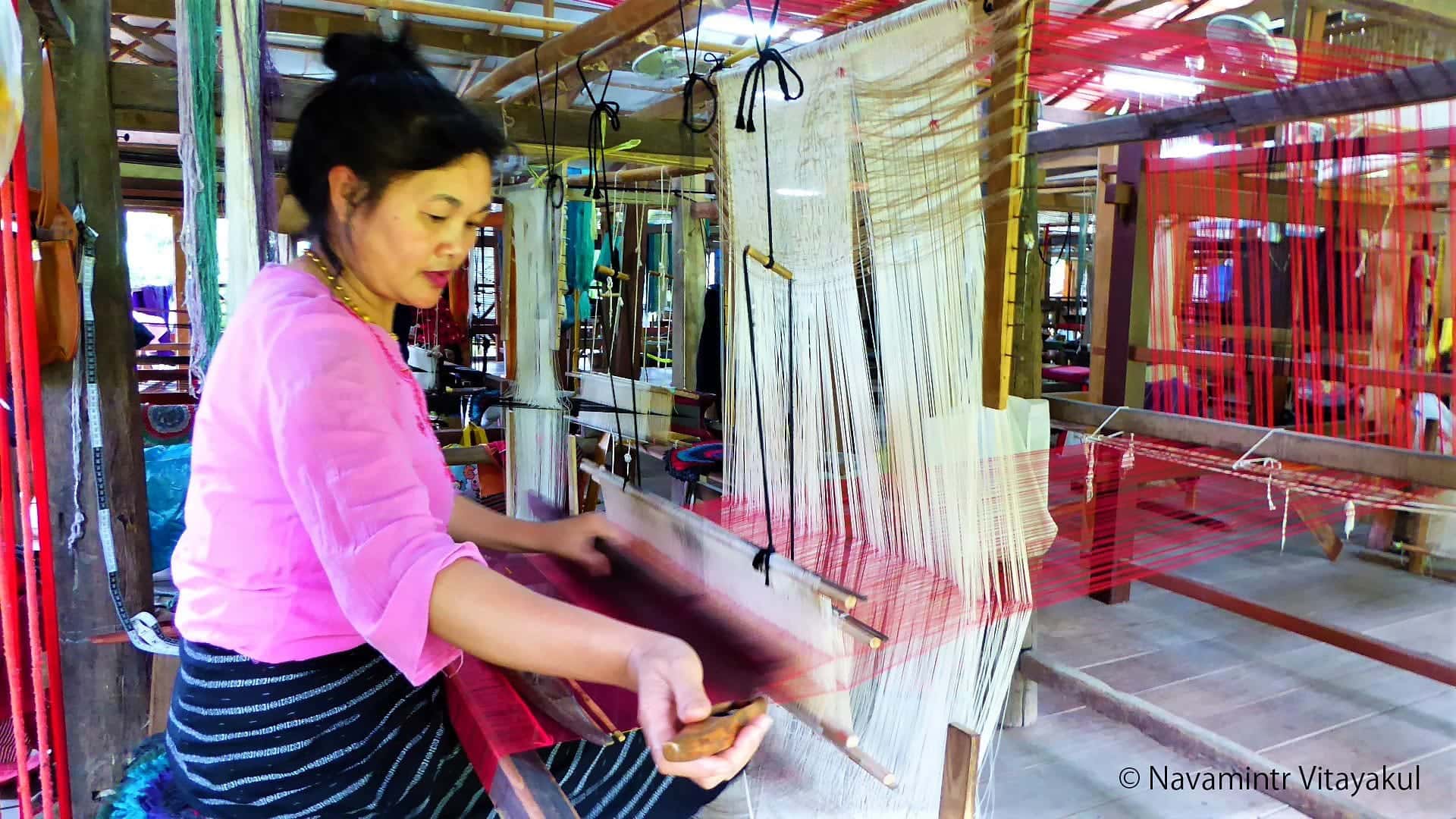
About the Conference
Conference Objective
The conference will explore how thinking about culture, cultural heritage, and cultural heritage protection in Asian nations differ from the West. The conference aims to stimulate discussion on a range of issues related to these topics in an entirely Asian context. (For the purposes of this conference, the terms Asian nations, Asian continent, and Asia exclude Central and West Asia.)
งานสัมมนาครั้งนี้ เป็นการสำรวจแนวคิดเกี่ยวกับนิยามของวัฒนธรรม มรดกวัฒนธรรม และการพิทักษ์มรดกทางวัฒนธรรมของประเทศต่างๆในภูมิภาคเอเชีย ว่ามีความแตกต่างจากแนวทางของตะวันตกโดยมีนัยสำคัญอย่างไร
งานสัมมนาจะกระตุ้นให้เกิดการอภิปรายในหลากหลายประเด็นที่เกี่ยวข้องกับมรดกวัฒนธรรมในบริบทของเอเชีย
(ซึ่งในที่นี้ไม่รวมถึงภูมิภาคเอเชียกลางและเอเชียตะวันตก)
Background and Rationale
At a time of rapid economic, technological, and social changes, the Siam Society Under Royal Patronage, a leading Thai civil society organization in the field of cultural heritage, is hosting a conference entitled “Heritage Protection: The Asian Experience”, held in the English language, in Bangkok, on January 25-26, 2019. The conference will bring together Asian thinkers, professionals, and practitioners in the field of cultural heritage protection who will examine the meaning of “Culture”, “Cultural Heritage”, and “Cultural Heritage Protection” in Asian nations.
A well-developed corpus of conventions, guidelines, and internationally accepted best practices for cultural heritage protection already exists, which largely arose out of successful European experiences in heritage protection in the 19th and 20th centuries; hence, it is only natural that heritage protection theories reflect such European experiences.
This conference invites Asian speakers to describe cultural heritage from an Asian perspective, recognizing the diversity of cultures and cultural heritage protection experiences across the Asian continent.
The speakers will look at various aspects of the Asian experience of cultural heritage protection within diverse Asian settings to determine: what are the main 2 obstacles to successful heritage protection; what works and what does not; what lessons can be drawn for Asian people from Asian experiences? Furthermore, they will suggest cultural heritage protection strategies most likely to be effective within the Asian socio-cultural and political contexts, focusing on community involvement, the role of law, and entrepreneurs’ contributions.
ในยุคสมัยที่เศรษฐกิจ สังคม และเทคโนโลยี ก้าวหน้าไปเร็วมาก สยามสมาคมในพระบรมราชูปถัมภ์ร่วมกับกระทรวงวัฒนธรรม และการท่องเที่ยวแห่งประเทศไทย จึงริเริ่มโครงการสัมมนานานาชาติระดับภูมิภาคเอเชีย หัวข้อ “พิทักษ์มรดกวัฒนธรรม: เหลียวหลังแลหน้าประสาชาวเอเชีย”
(Heritage Protection: The Asian Experience) ซึ่งจะจัดขึ้นเป็นภาษาอังกฤษ ระหว่างวันศุกร์ที่ 25 – วันเสาร์ที่ 26 มกราคม 2562 ณ หอประชุมสยามสมาคม
ในพระบรมราชูปถัมภ์ ในการสัมมนาครั้งนี้ จะมีนักคิด ผู้เชี่ยวชาญ และนักปฏิบัติการด้านมรดกวัฒนธรรม
มาศึกษาวิเคราะห์ความหมายของคำว่า ‘วัฒนธรรม’ ‘มรดกวัฒนธรรม’ และ ‘การพิทักษ์มรดกวัฒนธรรม’ ของประเทศต่างๆในเอเชีย
ในปัจจุบันเราจะพบว่า ขนบ ระเบียบข้อบังคับ คู่มือ และแนวทางปฏิบัติที่ดีที่สุดซึ่งได้รับการยอมรับในระดับนานาชาติสำหรับการอนุรักษ์มรดกทางวัฒนธรรม มีอยู่แล้วอย่างเพียบพร้อม โดยได้สร้างขึ้นมาจากประสบการณ์ของชาติต่างๆ ในยุโรปที่ทำแล้วสำเร็จในศตวรรษที่ 19 และ 20 ทฤษฎีพิทักษ์มรดกวัฒนธรรมที่มีอยู่จึงสะท้อนให้เห็นแต่ประสบการณ์ของยุโรปเท่านั้น งานสัมมนาครั้งนี้ วิทยากรซึ่งเป็นชาวเอเชียทั้งหมด ได้รับเชิญมาบรรยายในหัวข้อดังกล่าวจากมุมมองของชาวเอเชีย โดยตระหนักถึงความแตกต่างหลากหลายทางวัฒนธรรม และประสบการณ์ของแต่ละประเทศทั่วทวีปเอเชียเพื่อพิทักษ์มรดกทางวัฒนธรรม ซึ่งแตกต่างกันไปตามแต่สภาพแวดล้อมหรือถิ่นฐานที่ตั้ง
การสัมมนาครั้งนี้ หวังที่จะเข้าใจปัญหาและอุปสรรคของการพิทักษ์มรดกวัฒนธรรมของเอเชีย เข้าใจปัจจัยต่างๆ ที่นำ
ไปสู่ความสำเร็จหรือล้มเหลวในการอนุรักษ์ และถอดบทเรียนประสบการณ์ของเอเชียโดยชาวเอเชียเอง นอกจากนี้ วิทยากรจะเสนอกลยุทธ์การพิทักษ์มรดกวัฒนธรรมที่น่าจะเหมาะสมกับบริบททางสังคมวัฒนธรรมและการเมืองในเอเชีย
โดยเน้นการมีส่วนร่วมของชุมชน บทบาทของกฎหมายและการมีส่วนร่วมของผู้ประกอบธุรกิจ
Conference Dates
25 - 26 January 2019
(Friday and Saturday)
The Siam Society Official Website
www.siam-society.orgThe Siamese Heritage Trust Official Website
www.siamese-heritage.orgConference Thematic Framework
The conference will be divided into four sub-themes, each addressed in one of the four half-day panel discussions:
หัวข้อการสัมมนาแบ่งออกเป็น 4 หัวข้อย่อย แต่ละหัวข้อย่อย อภิปรายโดยใช้เวลาครึ่งวัน ดังนี้
Heritage is the living present of the past
This panel will introduce the conference program, looking broadly at cultural heritage protection issues across Asia. What does cultural heritage mean to Asian people? Can one make general statements about cultural heritage across Asia or can one only look at regional or country-specific heritage? Do European and Asian concepts of cultural heritage diverge due to their different historical experiences, socio-cultural milieus, and cultural values? If so, how can heritage protection in Asian countries be best pushed forward in a way consistent with Asian views of culture and cultural heritage? And should internationally accepted best practices be modified to better suit Asian countries’ needs and circumstances?
มรดกวัฒนธรรมคืออดีตที่ยังมีชีวิต
หัวข้อนี้ เป็นหัวข้อเปิดประเด็นการสัมมนา โดยอภิปรายถึงการพิทักษ์มรดกวัฒนธรรมในภูมิภาคเอเชียอย่างกว้างๆ เช่น มรดกวัฒนธรรมมีความหมายอย่างไรในสายตาคนเอเชียเอง เราจะกล่าวถึงมรดกวัฒนธรรมของเอเชียในลักษณะเหมารวมได้ไหม หรือเราควรจะพิจารณาเป็นภูมิภาคไป หรือเป็นรายประเทศ แนวคิดเกี่ยวกับมรดกทางวัฒนธรรมในยุโรปและเอเชียแตกต่างกันไปตามประสบการณ์ทางประวัติศาสตร์และวัฒนธรรมหรือไม่ ถ้าเป็นเช่นนั้นการอนุรักษ์มรดกในประเทศแถบเอเชียจะไปต่ออย่างไร ถึงจะสอดคล้องกับมุมมองของวัฒนธรรมและมรดกทางวัฒนธรรมของเอเชีย แนวทางปฏิบัติที่ดีที่สุดในระดับนานาชาติสำหรับการอนุรักษ์มรดกวัฒนธรรม ควรได้รับการปรับปรุงเพื่อตอบสนองความต้องการและสถานการณ์ของประเทศในเอเชียให้มากขึ้นหรือไม่
People taking ownership of heritage
Cultural heritage is often used and abused, promoted and destroyed, by governments to suit their own agendas, and cultural heritage protection policies in Asia are often defined top-down by national governments neglecting community ownership of cultural heritage. Within the Asian political-economic and social context, how can ownership of heritage be claimed by people and communities, whether at local, ethnic, or national level? What are the respective roles of government and grassroots communities in protecting heritage? How can education, formal and informal, promote heritage protection at the grassroots level?
ประชาชนกับความเป็นเจ้าของมรดกวัฒนธรรม
มรดกวัฒนธรรมถูกใช้และย่ำยี กับส่งเสริมและทำลาย เพียงเพื่อให้เป็นไปตามวาระของภาครัฐ นโยบายคุ้มครองมรดกทางวัฒนธรรมในเอเชียมักถูกกำหนดจากบนลงล่าง จนชุมชนผู้เป็นเจ้าของมรดกวัฒนธรรมเหล่านั้นถูกละเลย ประชาชนหรือชุมชนในบริบทของเศรษฐกิจ การเมือง และสังคมแบบเอเชีย จะเรียกร้องสิทธิความเป็นเจ้าของมรดกวัฒนธรรมอย่างไร ในระดับชุมชนชาติพันธุ์ ระดับท้องถิ่น และระดับประเทศ บทบาทของรัฐบาลและชุมชนระดับรากหญ้าในการคุ้มครองมรดกทางวัฒนธรรมคืออะไร? การศึกษาทั้งในระบบและนอกระบบ จะช่วยส่งเสริมการคุ้มครองมรดกวัฒนธรรมในระดับรากหญ้าได้อย่างไร?
How to put law to work on behalf of heritage protection?
In many nations, the rule of law is weak. Is a legal framework essential for cultural heritage protection? If yes, what are the conditions for success in using the law to protect cultural heritage in Asia? What successful examples exist in Asia for an effective legal framework for cultural heritage protection law? If no effective legal framework is in place, how can heritage protection work? What lessons can be drawn for Asian countries based on this analysis?
จะใช้กฎหมายเพื่อปกป้องมรดกวัฒนธรรมได้อย่างไร
เป็นที่ทราบกันดีว่าหลายประเทศมีปัญหาเรื่องการบังคับใช้กฎหมาย กรอบกลไกอันพร้อมมูลทางกฎหมายจำเป็นสำหรับการพิทักษ์มรดกวัฒนธรรมหรือไม่ ถ้าจำเป็น อะไรคือเงื่อนไขที่ทำให้กฎหมายทำหน้าที่พิทักษ์มรดกวัฒนธรรมในทวีปเอเชียได้สำเร็จ มีแบบอย่างความสำเร็จใดบ้างในทวีปเอเชีย หากไม่มีกรอบกฎหมายที่มีประสิทธิภาพอยู่เลย เราจะสามารถพิทักษ์มรดกวัฒนธรรมได้อย่างไร เราจะมีบทเรียนอะไรให้แก่ประเทศต่างๆ ในทวีปเอเชียได้บ้างจากการวิเคราะห์และอภิปรายนี้
How can entrepreneurial energies complement heritage protection?
When cultural heritage protection complements and supplements economic development to improve people’s lives, it is more likely to be embraced at grassroots and national levels. How then can entrepreneurship, ranging from large corporations to micro enterprises, be harnessed to further cultural heritage protection? What are the benefits and what are the risks of entrepreneurs playing a major role in cultural heritage protection? How can governments facilitate this role?
พลังของผู้ประกอบธุรกิจจะส่งเสริมการปกป้องมรดกวัฒนธรรมได้อย่างไร
เรื่องของการพิทักษ์มรดกวัฒนธรรมมักจะได้รับการตอบรับที่ดีในระดับรากหญ้าและในระดับชาติมากกว่าหากการพิทักษ์นั้นช่วยเสริมและสนับสนุนการพัฒนาทางเศรษฐกิจเพื่อพัฒนาชีวิตผู้คนถ้าเช่นนั้นเราจะใช้พลังจากผู้ประกอบการทางธุรกิจทั้งบริษัทขนาดใหญ่ไปจนถึงวิสาหกิจขนาดย่อมมาผลักดันการพิทักษ์มรดกวัฒนธรรมได้อย่างไรการที่ผู้ประกอบการมีบทบาทสำคัญในการพิทักษ์มรดกวัฒนธรรมมีข้อดีหรือมีความเสี่ยงอะไรบ้างและรัฐบาลจะสามารถส่งเสริมบทบาทนี้ได้อย่างไร
Speakers from eleven nations will participate on the panels, each delivering a 20-minute oral summary of the main points of their respective papers. (The abstract of each paper will be published in the Conference Booklet to be distributed to all the attendees.) A moderator will pose questions, solicit audience participation, and conclude the sessions. At the end of the conference, two seminar rapporteurs will synthesize key points and themes that arose during the four sessions.
A book compiling the conference papers will come out in 2019 for widespread distribution throughout the Asian region.
วิทยากรจาก 12 ประเทศในทวีปเอเชีย จะมาอภิปรายประเด็นสำคัญภายใต้หัวข้อบทความสัมมนาของแต่ละท่าน ท่านละ 20 นาที บทคัดย่อของวิทยากรทุกท่านจะได้รับการตีพิมพ์และเผยแพร่สำหรับผู้เข้าร่วมฟังงานสัมมนา ผู้ดำเนินรายการจะตั้งคำถามให้กับวิทยากร และเชิญให้ผู้ฟังมีส่วนร่วมในการแลกเปลี่ยนความคิดเห็นหรือซักถามก่อนที่จะสรุปประเด็นของแต่ละหัวข้อสัมมนา ช่วงท้ายรายการ ผู้เสนอรายงานการประชุมสองท่านจะกล่าวรายงานสรุปเนื้อหาสาระสำคัญจากการสัมมนาทั้งหมด
สยามสมาคมฯ จะจัดพิมพ์หนังสือรวมบทความสัมมนาฉบับเต็มในปี 2562 ภายหลังจบงานสัมมนาแล้ว และจะเผยแพร่หนังสือดังกล่าวไปทั่วภูมิภาคเอเชีย

